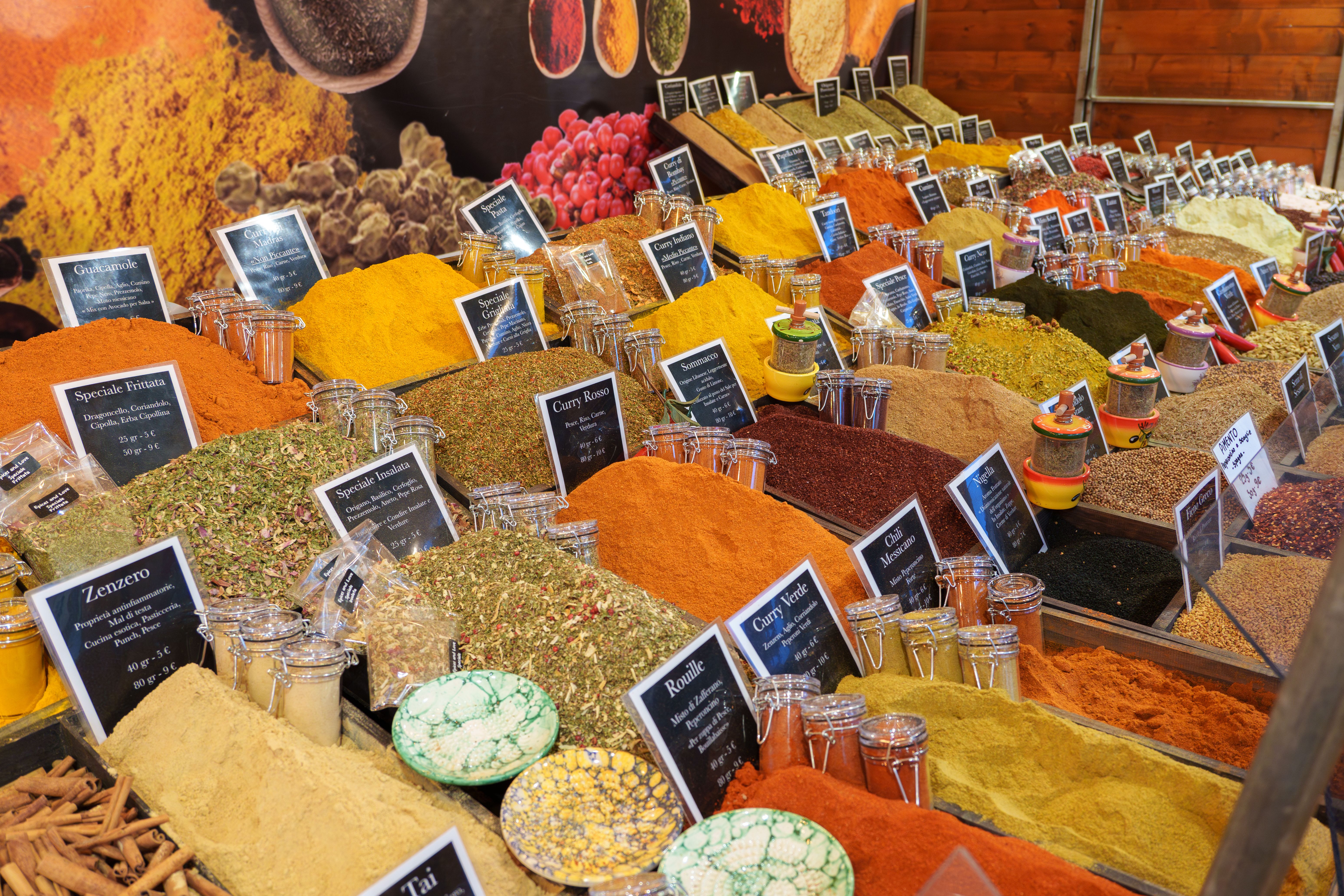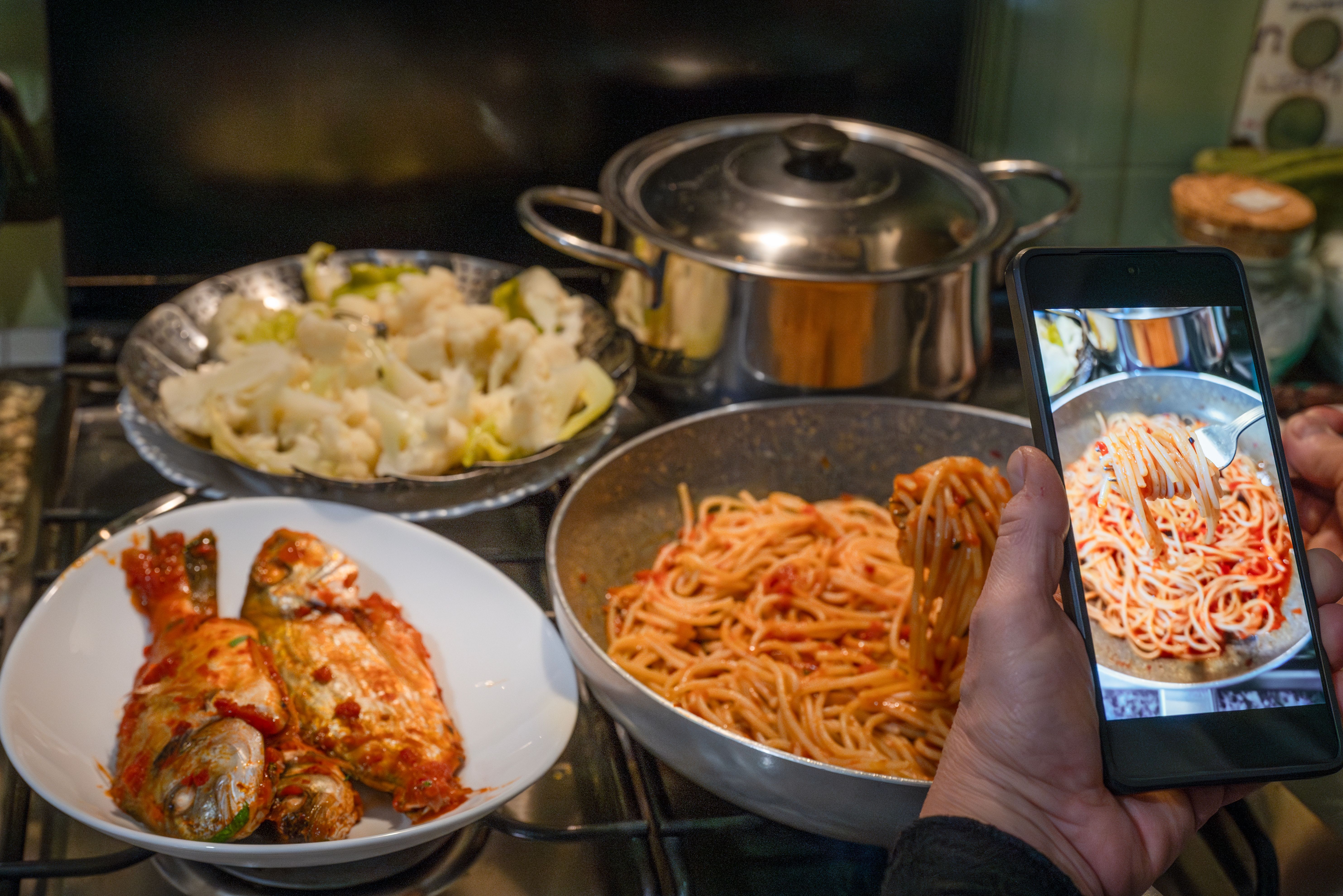Exploring Apicius: The Heart of Italian Culinary Excellence
Discovering the Origins of Apicius
The world of Italian cuisine is rich and diverse, with each region boasting its unique flavors and traditions. At the heart of this culinary excellence lies Apicius, a name synonymous with ancient Roman gastronomy. Apicius is not just a cookbook but a historical manuscript detailing the intricacies of Roman culinary arts.
The origins of Apicius can be traced back to the 1st century AD, attributed to Marcus Gavius Apicius, a Roman gourmand known for his extravagant feasts. This compilation serves as the earliest known collection of recipes, offering insights into the lavish dining experiences of Rome's elite. The recipes reflect a blend of exotic spices, rich flavors, and meticulous preparation techniques that have influenced Italian cooking for centuries.
The Culinary Legacy of Apicius
Apicius has left an indelible mark on Italian cuisine, inspiring chefs and food enthusiasts alike. The manuscript includes over 400 recipes, ranging from simple appetizers to elaborate main courses. The emphasis on fresh ingredients and bold flavors is a hallmark of Apician recipes, many of which are still celebrated in modern Italian cooking.
One notable feature of Apicius is its focus on sauces and seasonings. The Romans were pioneers in enhancing dishes with complex flavors, a practice that continues to define Italian gastronomy today. From garum, a fermented fish sauce, to various herb blends, these recipes showcase the timeless appeal of well-balanced seasoning.

The Influence on Modern Italian Cuisine
The enduring legacy of Apicius is evident in how traditional Italian dishes are prepared today. Many contemporary recipes owe their origins to Apician methods, particularly those involving pasta, meats, and bread. Techniques such as slow-cooking and marinating have been passed down through generations, preserving the essence of Roman culinary art.
Modern chefs often draw inspiration from Apicius, using it as a foundation to innovate and create new dishes that honor traditional flavors while introducing new elements. This balance between tradition and innovation is what keeps Italian cuisine dynamic and beloved worldwide.
Experiencing Apicius in Today's Kitchen
For those eager to explore the depths of Italian culinary history, incorporating Apician recipes into your kitchen repertoire is a rewarding experience. Many dishes from the manuscript can be adapted with contemporary ingredients, allowing you to savor the rich flavors of ancient Rome in your own home.

Start with simple recipes such as libum (a type of cheese bread) or try your hand at more complex dishes like patina (a layered meat or vegetable pie). By experimenting with these time-honored recipes, you'll gain a deeper appreciation for the roots of Italian cuisine and its evolution over time.
The Global Appeal of Apicius
The influence of Apicius extends beyond Italy's borders, captivating chefs and food historians around the globe. Its detailed documentation of ancient Roman dining practices provides valuable insights into the cultural and social aspects of food during that era. This knowledge enriches our understanding of how culinary traditions shape societies and foster connections across cultures.
As we continue to celebrate and explore the vibrant world of Italian cuisine, Apicius remains a vital source of inspiration and knowledge. It serves as a testament to the enduring legacy of Roman gastronomy and its profound impact on modern cooking.
